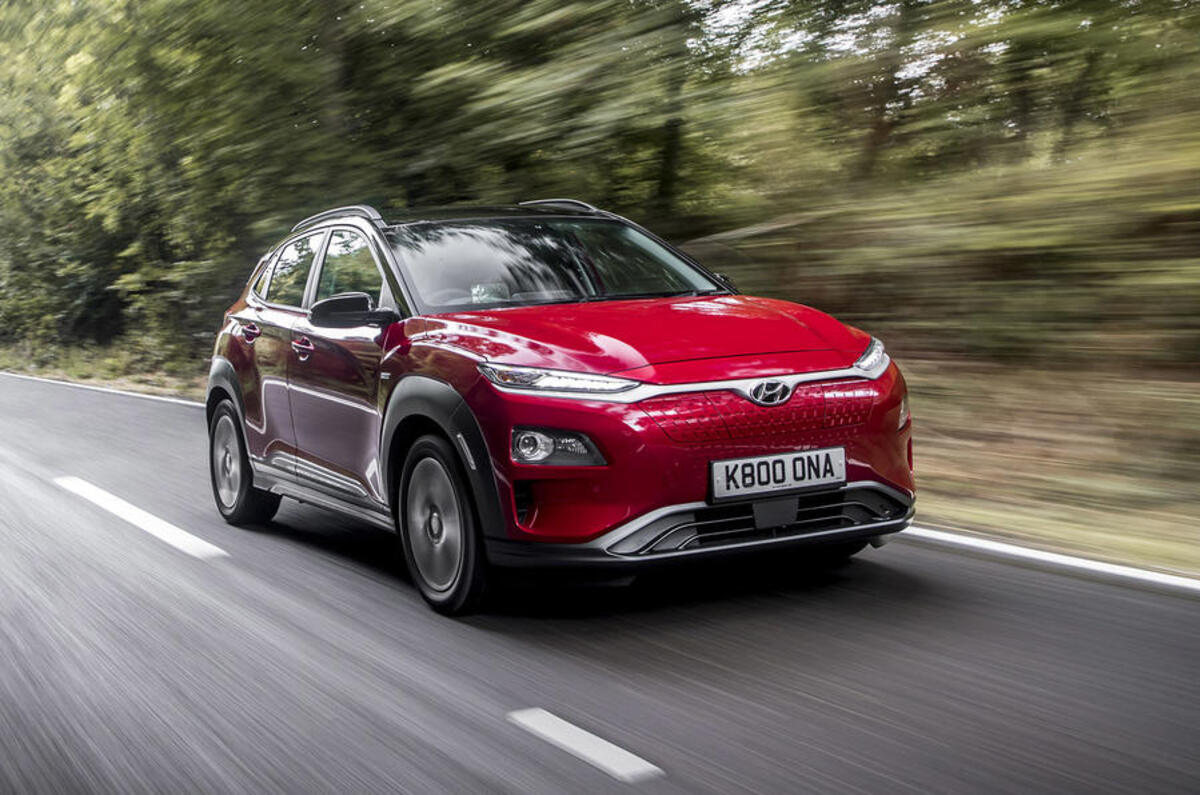Early electric cars were defined by range. While range remains an important part of an EV's spec panel, a broader understanding of battery sizes and efficiency, as well as the reliability of the charging network and the speed at which an EV can be recharged have become just as prominent and important as that ultimate range figure.
Unless a car's range is notably smaller compared to the market norm or notably greater, then it can be 234 miles, 256 miles or 291 miles and that can typically be defined as being somewhere between enough and more than enough. EV drivers have realised running out of charge is ultimately as likely as running out of fuel in a petrol car, even if it's a more complex situation to be able to avoid.




Add your comment